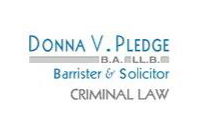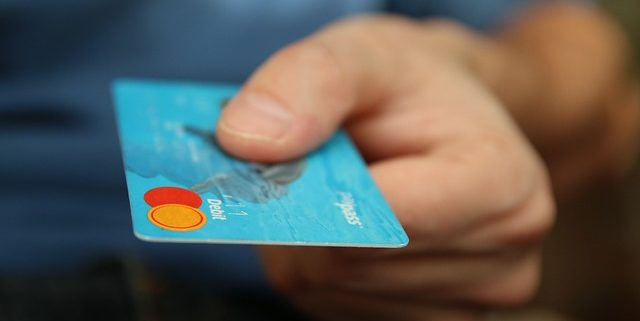How Credit Card Theft Charges Can Impact Your Life
When you are found guilty of credit card theft, a criminal offence, you will be facing a number of harsh consequences. Those consequences are not limited to the legal penalties alone either. You will also face travel restrictions, possible complications with your financial and employment situations, and an effect on your personal life.
Legal Consequences
When you are charged with credit card theft, it is a criminal charge that can result in some combination of jail and a fine if the charge is a summary offence, meaning that you will be tried by a judge only. The maximum penalty for jail time is six months, and the maximum fine is $5,000.
However, if the theft charge is indictable you will have to be tried by a judge and jury after a pretrial establishes that there is enough evidence to go to trial. If you are convicted, you could face up to 10 years in prison.
Travel Consequences
Once you are convicted of a criminal offence like credit card theft in Canada, it affects your ability to travel to other countries. Most importantly, you may not be able to travel to the United States.
United States immigration laws may bar entry, and deem it illegal to try to enter the country, if you have a criminal record. No matter how long ago you were found guilty, or the extent of the crime, you cannot enter.
Other countries also issue travel bans, and before you can travel again outside of the country, you will have to disclose your criminal record and could be refused entry.
Financial/Employment Consequences
In addition to paying high fines, you could also be put into jail or prison, both of which will have a detrimental impact on your employment earnings. Over the long term, the charge could impact your credit score if you run into financial difficulties, which could affect your ability to buy assets on credit, and of course, to have credit cards of your own.
If you do have a job at the time of your record, you could lose it if you have to serve time, or if a condition of your employment, such as law enforcement, requires a clean record. Your future career choices could also be limited, since some professions will not grant licences to people convicted of a criminal offence.
And even though no employer can access your criminal record history without your consent, employers often seek permission to view it and take it into consideration when hiring decisions are made. Careers in banking, payroll and some human resources, cashiers, or positions working with children could all be limited with a criminal record.
A criminal record could also affect your ability to get certain university professional degrees. For studies in financial services, for example, credit card theft could result in being denied entry into accounting or bookkeeping. Many other programs, like law, dentistry, and medicine may also require background checks.
Personal Consequences
For most people, dealing with a criminal record can also affect personal relationships, and credit card theft is no exception. A conviction for stealing someone else’s credit card could leave you isolated from family and friends concerned that their possessions are equally vulnerable to your criminal activity. The stress caused by time in jail or prison along with the financial and employment strain alone could jeopardize personal relationships with spouses or partners, and children.
If you are facing criminal charges and need legal advice, book your appointment today with Toronto criminal defence lawyer Donna V. Pledge.

